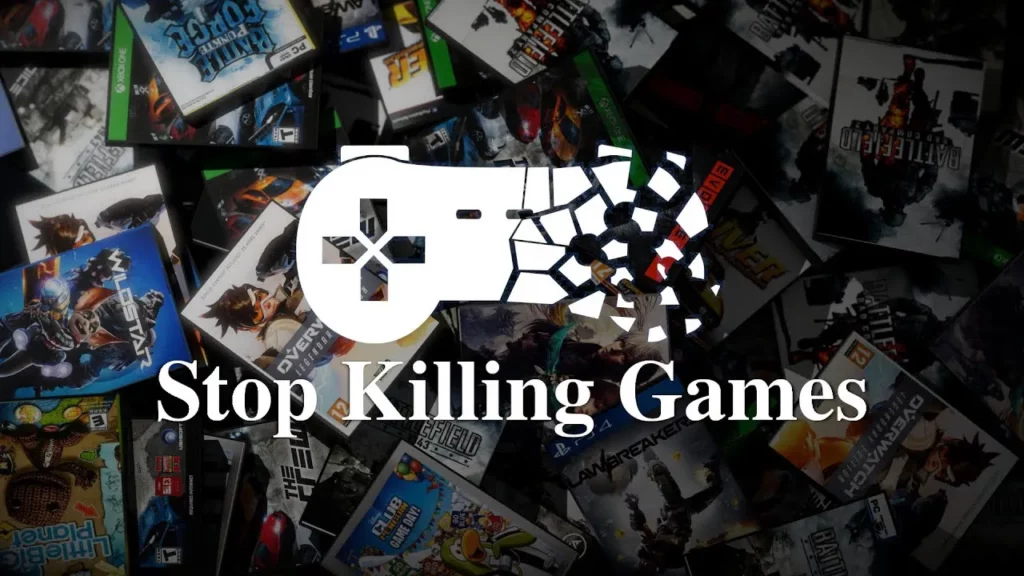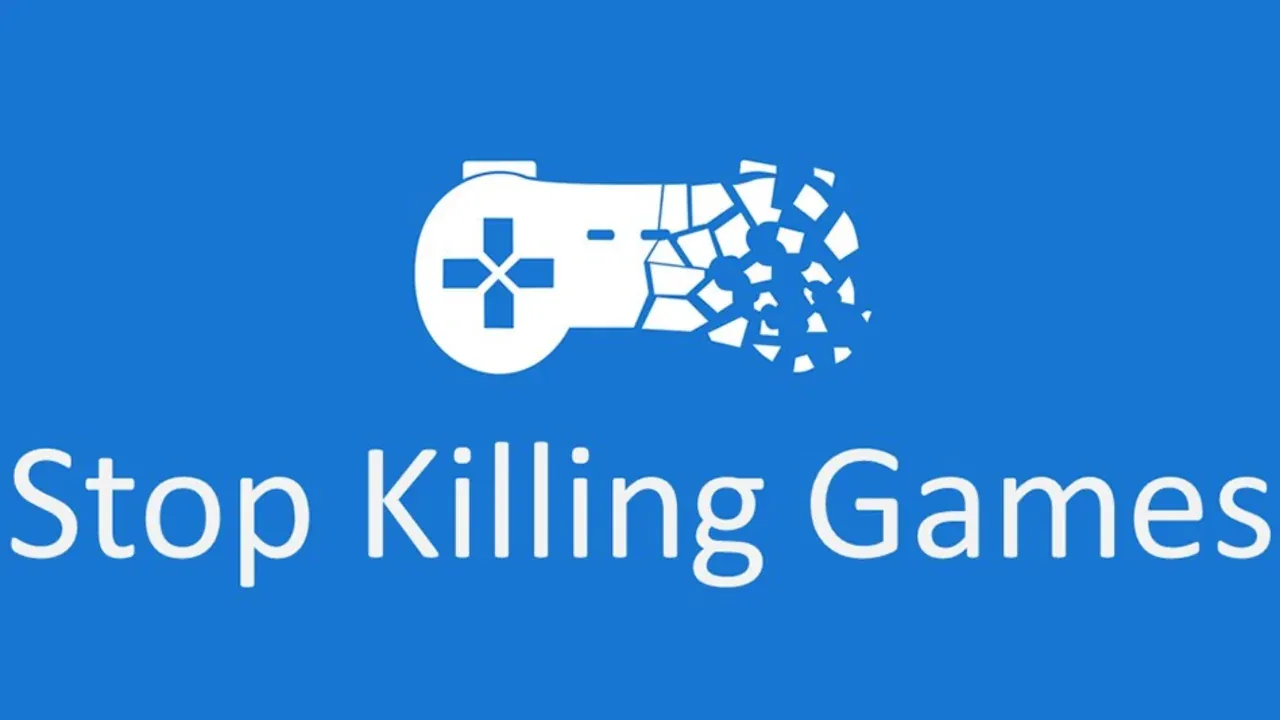The Stop Killing Games campaign has reached a major milestone: over one million signatures collected across Europe. But while the number is big, the work isn’t done. With a deadline looming and validation hurdles ahead, the fight to protect digital game ownership is just heating up.
A million voices, and counting

Originally launched as a grassroots effort, Stop Killing Games has become a full-fledged movement. The campaign’s goal is to pressure regulators into enacting laws that force game publishers to keep games playable even after servers go offline or official support ends. That means enabling offline modes or private servers for games people have already bought.
Crossing one million signatures is a critical threshold, but not a guarantee. Each EU country has its validation process, and signatures can be disqualified. That’s why the campaign is pushing for a bigger buffer before the July 31 deadline.
Why digital preservation matters
Video games are being lost. When publishers shut down servers or remove games from storefronts, ownership becomes meaningless. Stop Killing Games argues that digital products should offer long-term access, just like physical media or movies. Otherwise, players are left with empty launchers and broken promises.
Industry pushback is growing
Not everyone’s on board. Game publishers claim that enforcing post-launch availability could disrupt business models, increase costs, or complicate licensing deals. Some argue that not all games can be preserved easily, especially online-only titles or those tied to proprietary tech.
What’s next for Stop Killing Games
The campaign is shifting toward rallying support in underrepresented EU nations to shore up the numbers. A UK-based petition is also in motion, aiming to mirror efforts beyond the EU. Meanwhile, policy experts are preparing to present the case to lawmakers once the threshold is confirmed.
Why this moment matters
- It affirms that gamers care about preservation, not just playability
- It challenges publishers to take responsibility for digital products
- It pushes for legislation that treats digital games like other creative works
- It opens the door for global momentum on game ownership rights
The milestone is real, but it’s just one level cleared. The final boss? Legislative change that gives gamers the rights they’ve already paid for.














